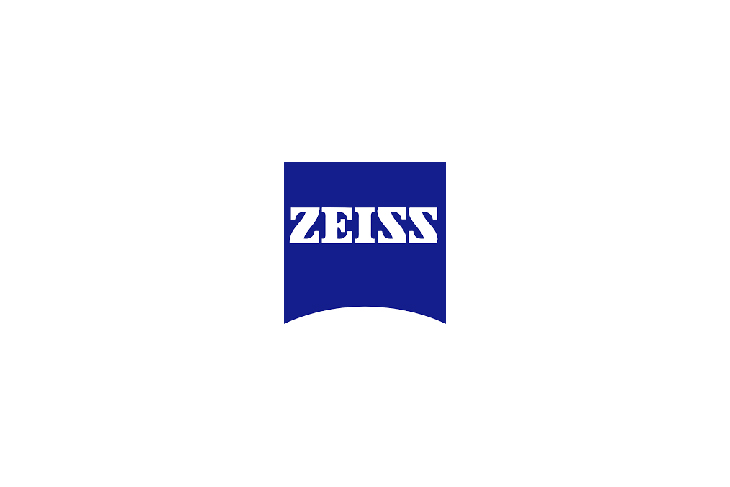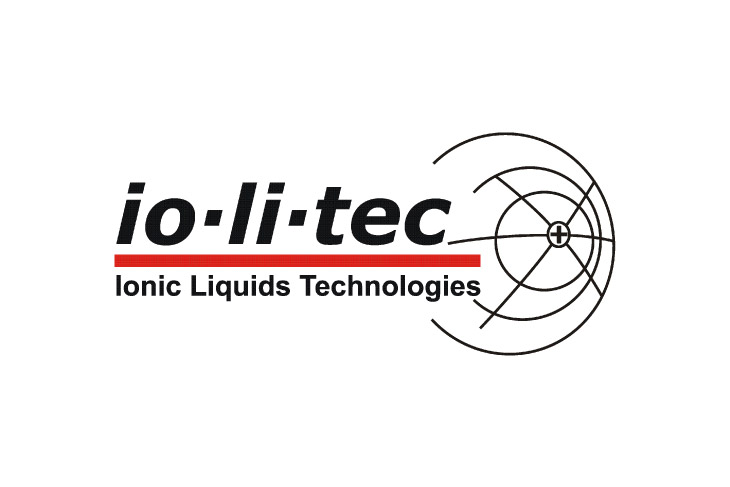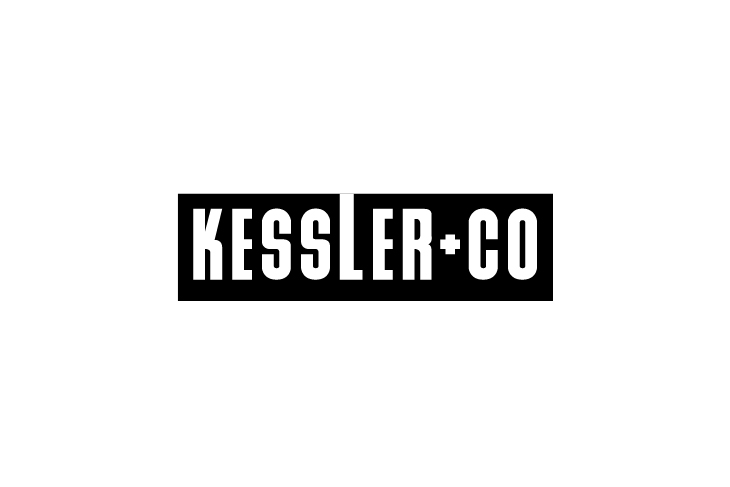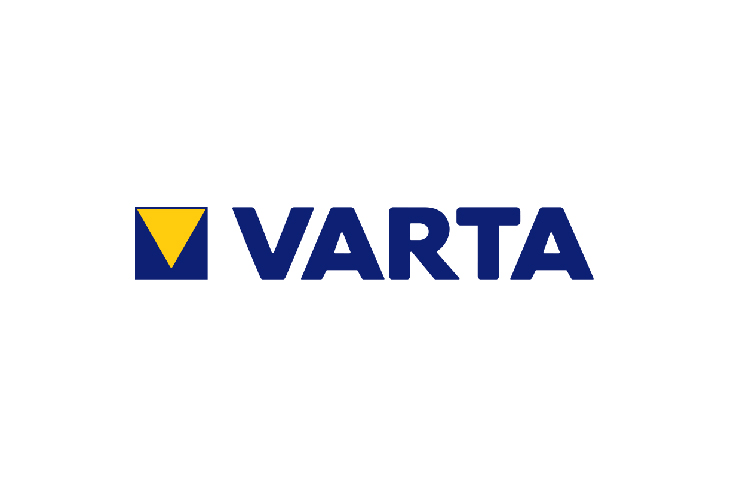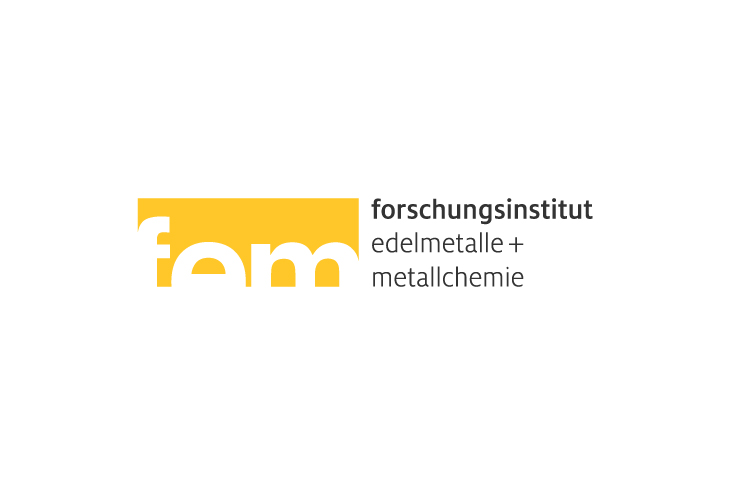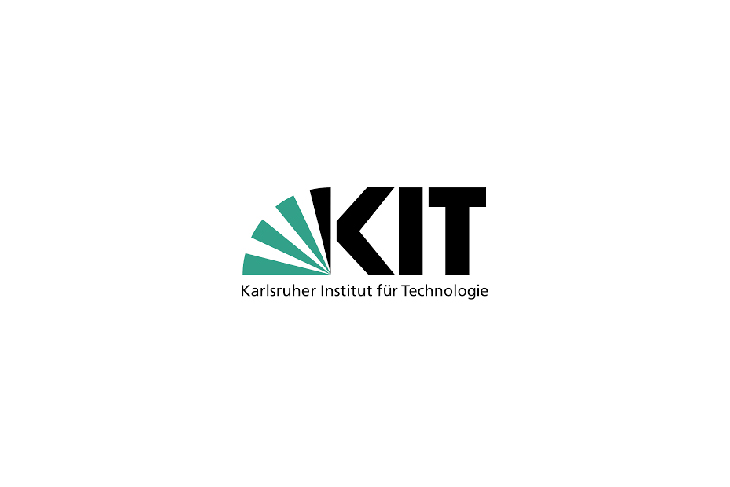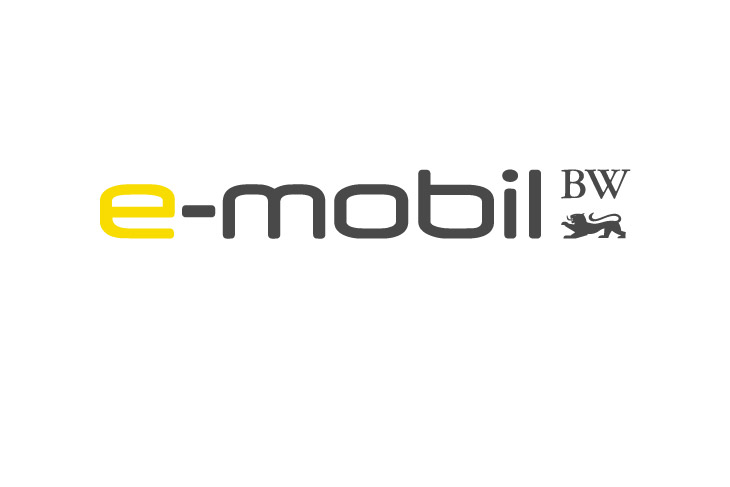Research // Energy storage systems (Batteries)
SmartPro – Key to Smart Products!
In order to be able to store energy, for example from regenerative sources, for later use, energy storage technologies such as efficient batteries are urgently needed.
Due to the increased demands on the performance of mobile electronic devices and electrified vehicles in terms of runtime and range, the need for rechargeable batteries with enhanced energy density has significantly increased. Thus, research is of particular relevance – both economically as well as socio-politically.
The research projects LiMaProMet (2017-2021) and Smart-BAT (2021-2025) of the SmartPro partnership aim to improve both energy density and quality of batteries as well as to reduce the production costs.
Smart-BAT
// Project duration: 01.03.2021 to 28.02.2025
Project management
Prof. Dr. Timo Sörgel
Zentrum Elektrochemische Oberflächentechnik
Phone: +49 (0) 7361 576-2468
timo.soergel@hs-aalen.de
Project partner
Aalen University
- Dr. Timo Bernthaler, Materials Research Institute Aalen
- Prof. Dr. Gerhard Schneider, Materials Research Institute Aalen
- Prof. Dr. Volker Knoblauch, Materials Research Institute Aalen
Companies
- Carl Zeiss IMT
- Carl Zeiss Microscopy GmbH
- IoLiTec
- Kessler & Co. GmbH & Co. KG
- VARTA Microbattery GmbH
- Volkswagen AG
- Wieland-Werke AG
Other research institutions
- Forschungsinstitut Edelmetalle und Metallchemie (fem)
- Karlsruher Institut für Technologie (KIT) – Institut für Angewandte Materialien Werkstoff- und Biomechanik (IAM-WBM)
Transfer players
e-mobil BW GmbH
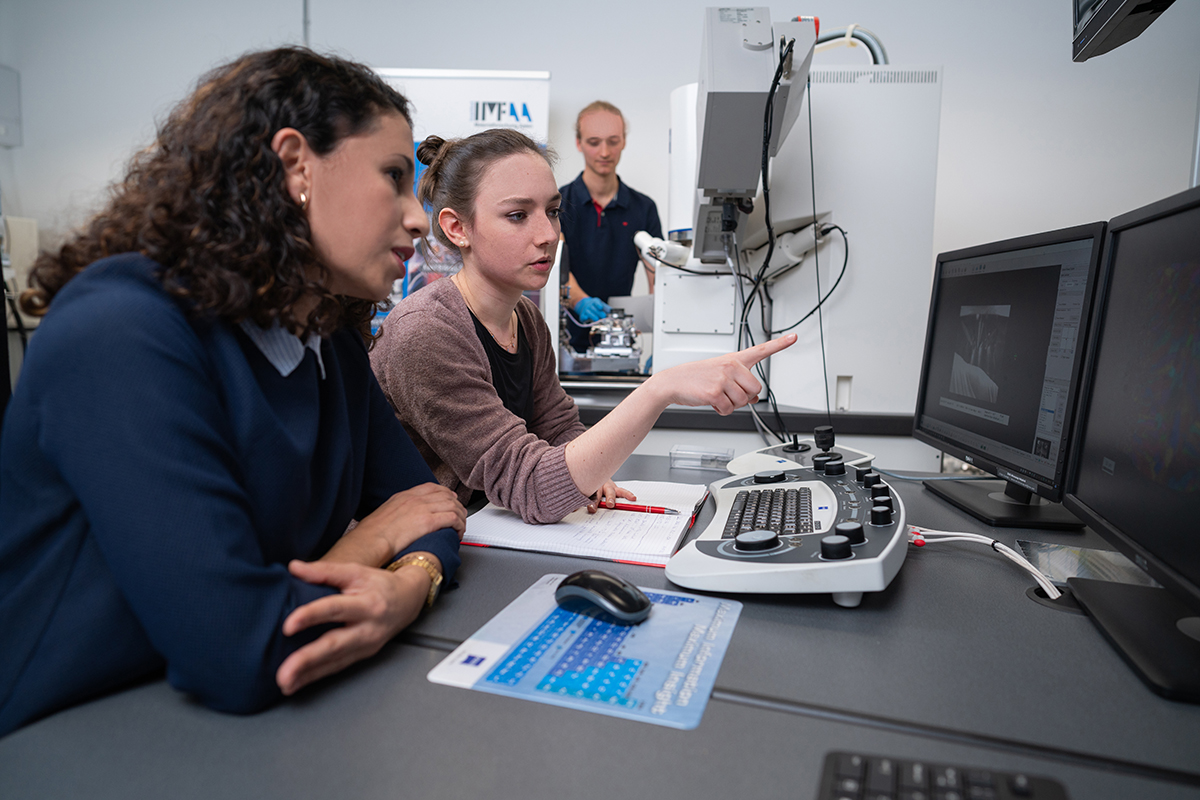
Smart-BAT
New material concepts, innovative process technologies, and evaluation tools for future lithium-based battery systems
Energy storage systems – among these especially rechargeable batteries (accumulators) – are indispensable for the energy transition. They are not only used in electromobility but also play an important role in the consumer sector and in medical technology. As a result, the requirements for such batteries are increasing. They are asked to perform better and better, to have higher energy density and quality as well as a longer service life, and ideally be as cost-effective as possible. The project Smart-BAT addressed these requirements in three subprojects.
Firstly, the aim is to increase the energy density of solid-state batteries. Correlations between the battery material’s microstructure and its properties like performance and quality were examined and innovative manufacturing processes were developed.
In parallel, research on new electrode structures and manufacturing processes is aimed at the development of new smart battery concepts. Here, the focus is on three-dimensional current collectors made of highly porous aluminum foam, which are manufactured by means of electrodeposition.
Intelligent quality assurance methods based on machine learning are also developed as suitable tools for assessing battery quality − crucial for effective digitization of industrial processes.
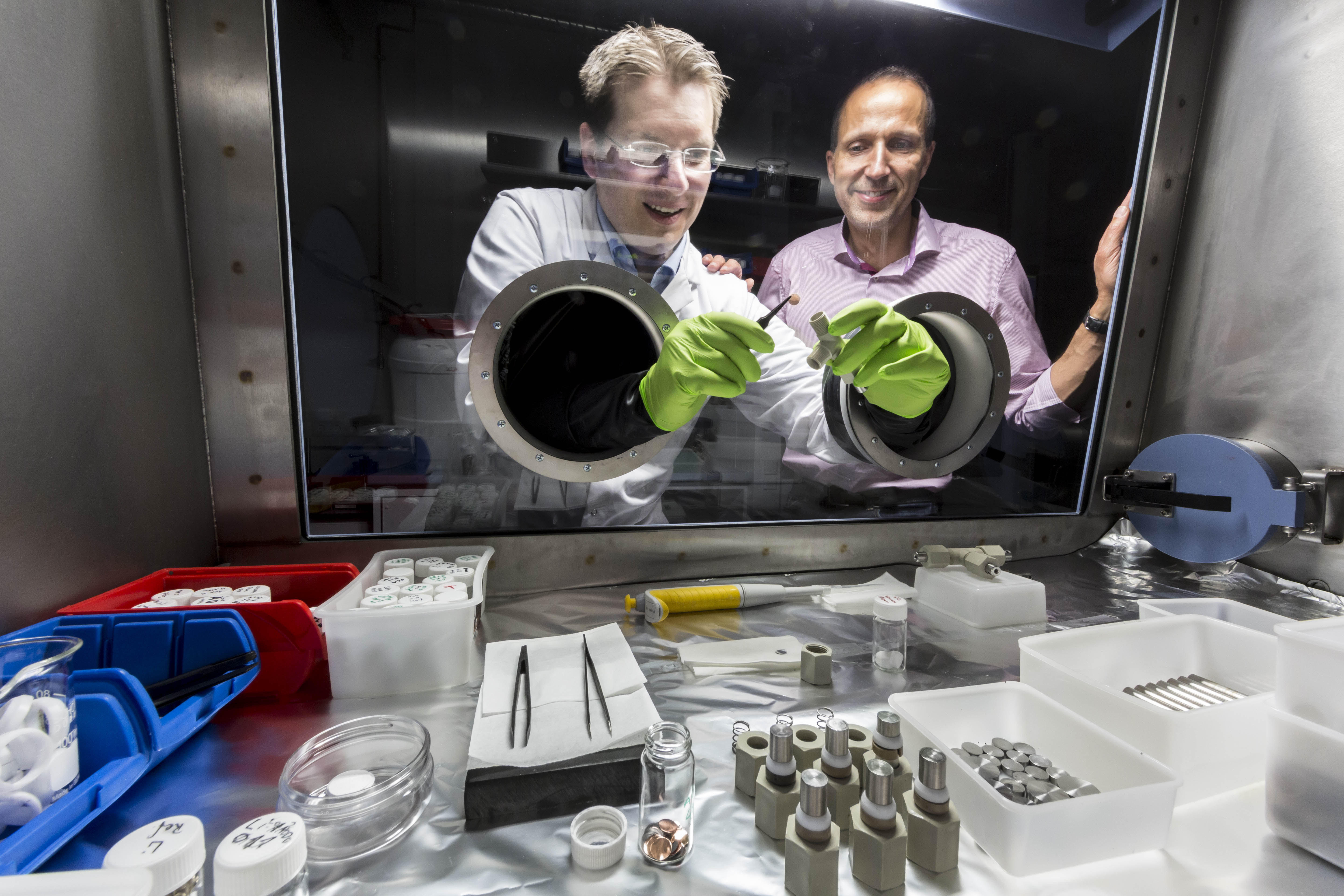
LiMaProMet
Smart material systems, intelligent manufacturing processes, and quality methods for lithium-based batteries
The demand for rechargeable batteries with increased energy density, safety, and lifetime is very high due to the increased requirements for mobile applications. In recent years, the focus has been on range, charging time, and safety for resource-efficient electromobility, energy supply, or portable electronics. The increased use of renewable energies anticipated in the energy transition requires cost-effective energy storage systems with a long service life. Smart battery materials as well as intelligent manufacturing processes and quality assessment methods are crucial. Therefore, the LiMaProMet project aimed at developing intelligent lithium-based storage technologies to market maturity.
LiMaProMet
// Project duration: 01.03.2017 to 31.08.2021
Project management
Prof. Dr. Timo Sörgel
Surface Technology
Phone: +49 (0) 7361 576-2468
timo.soergel@hs-aalen.de
Project partner
Aalen University
- Dr. Timo Bernthaler, Materials Research Institute Aalen
- Prof. Dr. Gerhard Schneider, Materials Research Institute Aalen
- Prof. Dr. Volker Knoblauch, Materials Research Institute Aalen
Companies
- Carl Zeiss Microscopy GmbH
- CCT GmbH
- Kessler & Co. GmbH & Co. KG
- Outlast Europe GmbH
- VARTA Microbattery GmbH
Other research institutions
- Forschungsinstitut Edelmetalle und Metallchemie (fem)
- Karlsruher Institut für Technologie (KIT) – Institut für Angewandte Materialien Werkstoff- und Biomechanik (IAM-WBM)
- Universität Ulm – Institut für Elektrochemie
Transfer players
- e-mobil BW GmbH
Follow us!
Stay up to date about the
SmartPro network on LinkedIn!
Explorative projects
To further deepen research into more efficient batteries, explorative projects have examined, for example, how manufacturing processes can be monitored and improved using artificial intelligence.

PreMo-LiB // Artificial intelligence and machine learning as enablers for improving process quality in battery mass production
01.03.2019 to 31.08.2020
High-quality lithium-ion batteries with a long service life is needed in many industrial products, e.g. in electric cars, smartphones or power tools. In the explorative project PreMo-LiB, we − in cooperation with the Varta Microbattery GmbH − investigated innovative in-line methods enabling to predict the service life of accumulators and to improve their overall quality. To achieve this, we used modern self-learning software algorithms − machine learning (applied artificial intelligence).
Commonly, it is only in later usage that it is revealed whether a lithium-ion based battery meets the customer requirements. Due to the complex physical interactions within a battery, so far, quality prediction during production has only been possible to a very limited extent and not suitable for mass production.
But remarkably, in the project PreMo-LiB, machine learning methods were developed to predict the quality and service life of (test) batteries during production in a both cost-effective and feasible manner. Most importantly, the established quality assurance process is non-destructive and scalable for the mass production of high-quality lithium-ion batteries.
- Project management
Prof. Dr. Ricardo Büttner, Wirtschaftsinformatik
- Project partner
VARTA Microbattery GmbH
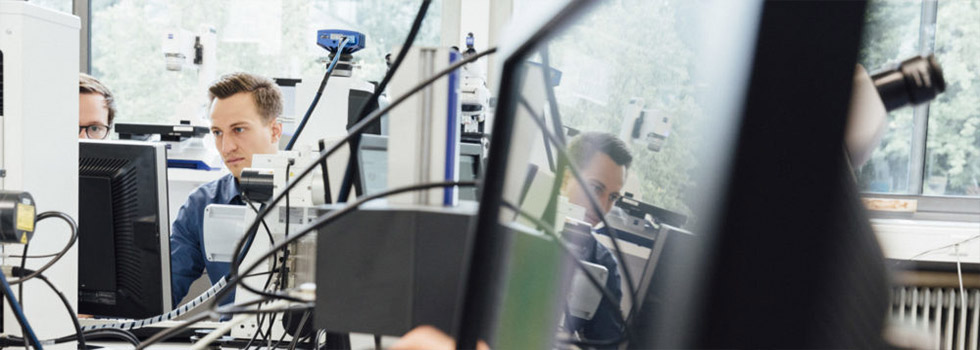
DiMa // Digitization potential of materials research in SmartPro
01.10.2019 to 30.09.2020
The explorative project DiMa on machine learning methods was carried out in four subprojects, each of which focused on one of the applications fields of SmartPro or additive manufacturing, respectively. Here, the methodological competence of ML experts was combined with expertise in the particular research areas. In this way, interdisciplinary approaches were successfully used to push research further towards tailored (development and) application of ML methods within SmartPro. Each of the four subprojects served as a starting point for the current cross-sectional impulse project BEYOND with a focus on machine learning.
Based on the subproject DigitEL on energy storage systems (assigned to the impulse project LiMaProMet) the application of machine learning in the analysis of microstructures of electrode material in lithium-ion accumulators was improved with respect to performance parameters. A particular focus was on the prediction of current rate capability.
- Project management
Prof. Dr. Ricardo Büttner, Business Informatics
- Project partner
Prof. Dr.-Ing. Volker Knoblauch, Materials Research Institute Aalen
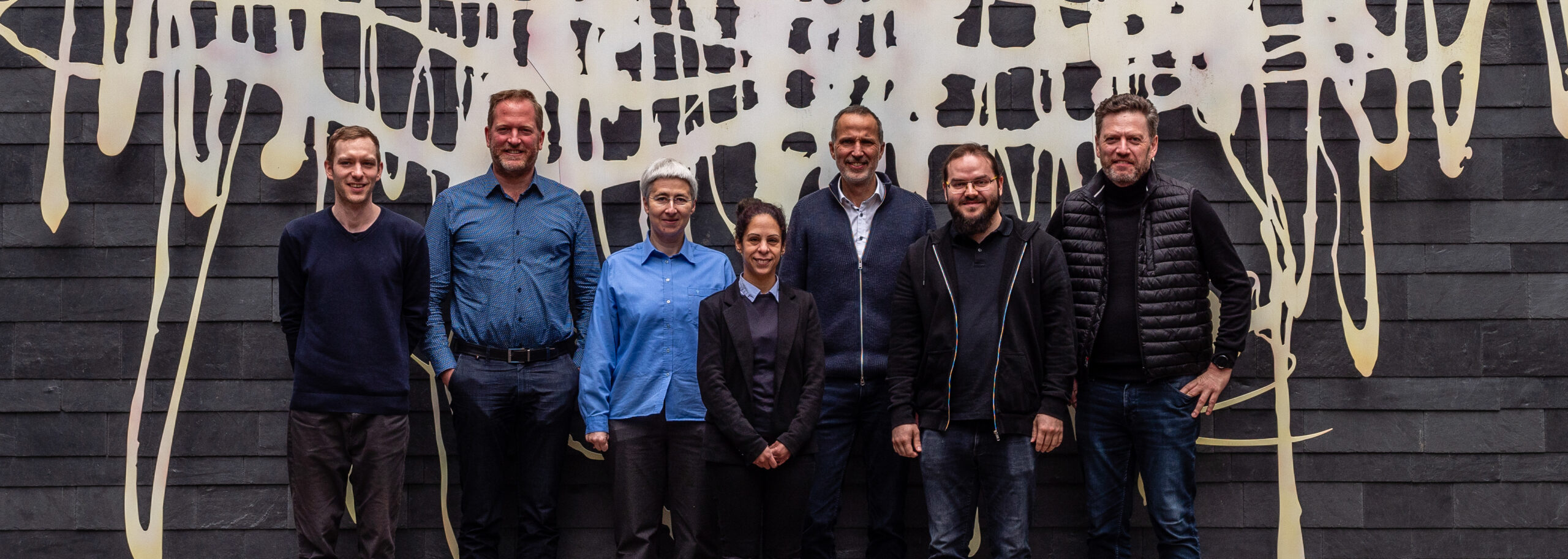
SmartCycle // Smart Recycling Solutions for Future Technologies
01.05.2023 – 31.07.2025
The recycling and circular economy of materials in the areas of energy converters, energy storage systems, and lightweight construction – the three fields of application addressed by SmartPro research – are vital for sustainable resource management. By implementing efficient recycling processes and embracing circular economy principles, valuable materials can be recovered from waste, reducing the need for raw material extraction and minimizing environmental impact. The aim of the explorative SmartPro project SmartCycle is to explore new recycling strategies and further develop methods to perform these practices. This project will shed light on innovative recycling methods and thus contribute to conserving resources, promoting energy efficiency, and fostering a more sustainable and environmentally-conscious approach to the production and use of magnets, batteries, and lightweight construction materials.
To achieve these goals, SmartCycle is divided into five sub-projects, aligned with the three application fields addressed by SmartPro (energy converters, energy storage systems, and lightweight construction) as well as the interdisciplinary technology of machine learning.
- Project management
Prof. Dr. Iman Taha, Sustainable Materials in Plastics Technology
The aim of the RecyBAT sub-project is to develop effective methods to reuse the production waste generated during battery manufacturing, a crucial step towards a more sustainable and resource-efficient battery industry. For this purpose, the waste generated during the manufacturing process is identified, categorized, and evaluated for its potential for recycling, and methods to re-integrate the waste into the production cycle are assessed. Additionally, the potential to scale-up these methods to achieve wider implementation is assessed.
- Sub-project management
Prof. Dr.-Ing. Volker Knoblauch, Materials Research Institute Aalen
The Recy200 sub-project focuses on the recycling of battery electrodes that were produced using a composite galvano-formation process. Traditional recycling methods for composite electrodes often involve complex and energy-intensive processes. However, in Recy200, a highly-efficient electrochemical process is investigated, which enables composite electrodes to be recycled and active materials used in high-powered cells to be extracted and reused. By using the “200% process”, active materials can be recovered by simply reversing the manufacturing process. This allows for the integration of recycling into the manufacturing process without additional energy or material input.
- Sub-project management
Prof. Dr. Timo Sörgel, Electrochemical Surface Technology Center
SmartPro // FH-Impuls:
Strong universities of applied sciences - impulses for the region
With SmartPro, Aalen University of Applied Sciences has positioned itself in the top group of universities of applied sciences nationwide. SmartPro is one of ten partnerships funded through the “FH-Impuls” program of the Federal Ministry of Education and Research with around 10 million euros from 2017 until 2025. Core objectives are the sustainable expansion of the regional transfer and cooperation network as well as strengthening the research profile and innovative power. SmartPro contributes to the advancement of climate protection and digitalization, two key social challenges.
